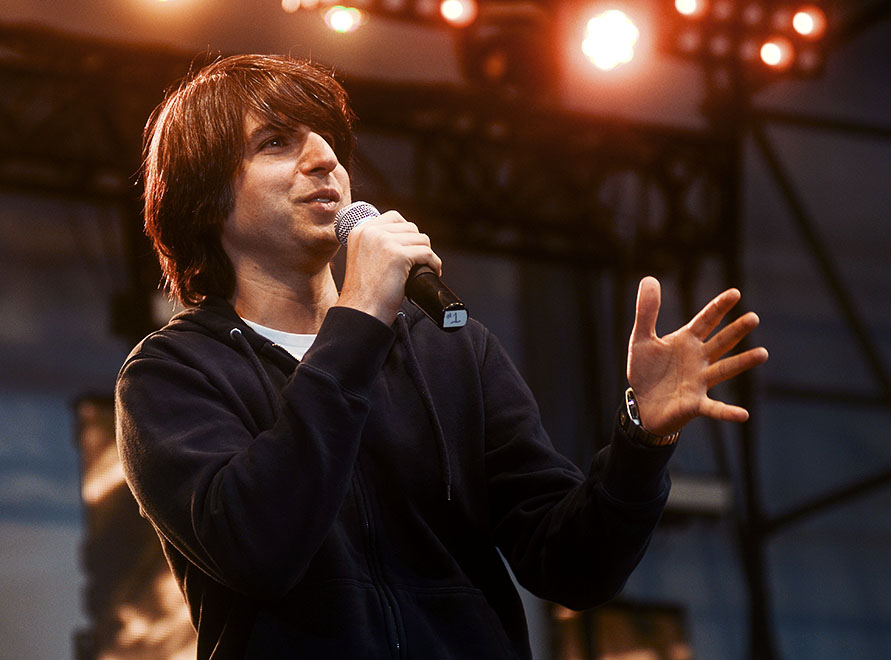The field of standup has always been crowded by shock comics, but today more than ever it seems that those comedians who “go there” take the lion’s share of the spotlight. One need look no further than Louis CK, perhaps the most popular modern comedian and one who has made a career of “saying what we’re all thinking.” His brand of comedy can be useful for delivering a quick laugh with a dash of social commentary, but in excess it becomes taxing and almost evangelical.
Unfortunately, Louis CK and his provocateur brethren have saturated the comedic market. If the Netflix comedies section is any indication, it seems every bitter white man has decided to hop on stage and attempt to coerce some laughs, each vying to become the unfiltered voice of their generation. This desire to “tell it like it is” has even seeped into our political system, where comedian-in-disguise politicians like The Donald have soared into the mainstream with their supposedly no-nonsense, politically incorrect rhetoric.
Surrounded on all sides by voices spouting “the truth,” Demetri Martin eschews the trends of the day and delivers an interesting and unrelenting performance in his new standup special, “Demetri Martin: Live (At the Time).” A small man on a big stage, he seemingly isolates himself from the obnoxiousness around him and endeavors to describe his unique, quirky perspective. His routine consists almost entirely of punchlines: a buildup of one or two sentences followed by a pithy observation or clever wordplay. Each joke is delivered as part of a stream of consciousness, one after another with no semblance of a smooth transition. While at times the jump from joke to joke can be a bit jarring, huge shifts in topic contribute to the humor and let the audience appreciate the comedy as a collection of thoughts rather than a choreographed shtick.
More importantly, the format fits Martin’s awkward, uncomfortable character, a critical component of his success. If delivered by one of his loud, hyper-confident, well-groomed peers, Demetri Martin’s material would certainly fall flat. One has to truly believe that each observation and skepticism that Martin delivers is a genuine thought rather than a cynical writer’s room invention. Fortunately, Martin does an excellent job of developing this plausibility. While some comedians are clearly not the same on and off the stage, one can easily see that Martin remains a slightly uncomfortable goober no matter the context. His dingy athletic sneakers, ill-fitting jeans and Keith Schwarz haircut create the image of a man who struggles to make eye contact and was rarely picked first for middle school PE teams. We do not expect any absurd outbursts or wacky physical comedy because we can clearly see that is not who Demetri Martin is. Instead, we can simply appreciate how we, as a society, look to a wallflower.
Demetri Martin tells us precious little about his life in “Demetri Martin: Live (At the Time),” but it feels infinitely more personal than those anecdote-heavy performances of his competitors. Everyone wants to be more than themselves, to tackle the big issues or become an icon of honesty. They bluster about on stage, hoping whatever character they have adopted is relatable and says what the audience wants to hear. While they try to say what is on everyone’s minds, Martin is content to simply say what is on his, endearing us to both the material and the man behind it. In an era of self-proclaimed voices of a generation speaking for us, it seems Demetri Martin is the last comedian who actually speaks to us.
Contact Ryan Holmdahl at ryanlh ‘at’ stanford.edu.
